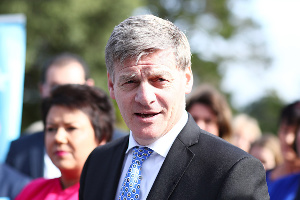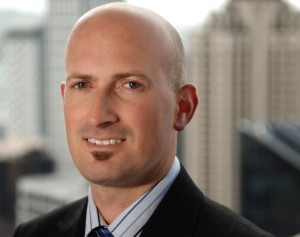Health insurers paid $1.322 billion in claims in the year to March, which HFANZ said reflected the value of the private sector at a time when surgeries in public hospitals had been cut and waiting lists grew due to ongoing industrial action.
Claims paid were up $115 million, or 9.5%, in the year to March 31, 2019.
Claims paid for the first three months of this year totalled $303m up 7.9% on the March 2018 quarter. Annual claims paid have effectively doubled over the past decade, as people have accessed both a greater volume and a wider range of services and treatments through health insurance.
HFANZ chief executive Roger Styles predicted public elective surgery forecasts for the full 2018-19 year would miss their targets.
For the first year in over a decade elective surgery volumes were down compared with the previous year.
“The six-month figures were well down on expected first half volumes, and the year has been hampered by waves of industrial action, including strikes by nurses and, more recently, junior doctors,” he said.
“Elective surgery is the first casualty of strike action.”
An estimated 300,000 New Zealanders are waiting for elective surgery, according to a 2016 TNS survey commissioned by HFANZ and the Private Surgical Hospitals Association, although around 170,000 of them are not officially recognised as being on waiting lists.
Styles said HFANZ might look to repeat the survey in the coming year, as indications were the situation had further deteriorated.
“Having health insurance is really the only guarantee of timely access to elective surgery in the event you need it,” he said.
The number of New Zealanders with health insurance remained steady at 1.403 million, up 1.2% for the year to March.
Premium income for the quarter was up $5m on the December 2018 quarter to $409m. Annually, premium income rose $132m or 9.1% to $1.586b.
HFANZ said the higher claims growth over the past year reflected a combination of growth in lives insured, medical inflation and higher utilisation rates.
“On top of additional healthcare demand expected from demographic changes, there has been a noticeable increase in demand for insurance-funded healthcare treatment in the past year as a result of the disruption in the public health sector and the adverse impact on people’s ability to access healthcare through their DHB.”
The data includes estimates for the business of Partners Life and nib, which are not members of the association.




Comments
No comments yet.
Sign In to add your comment